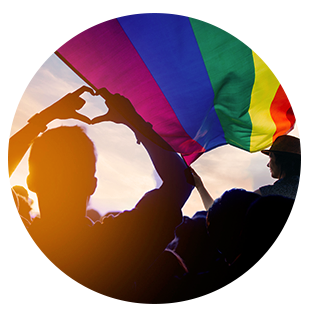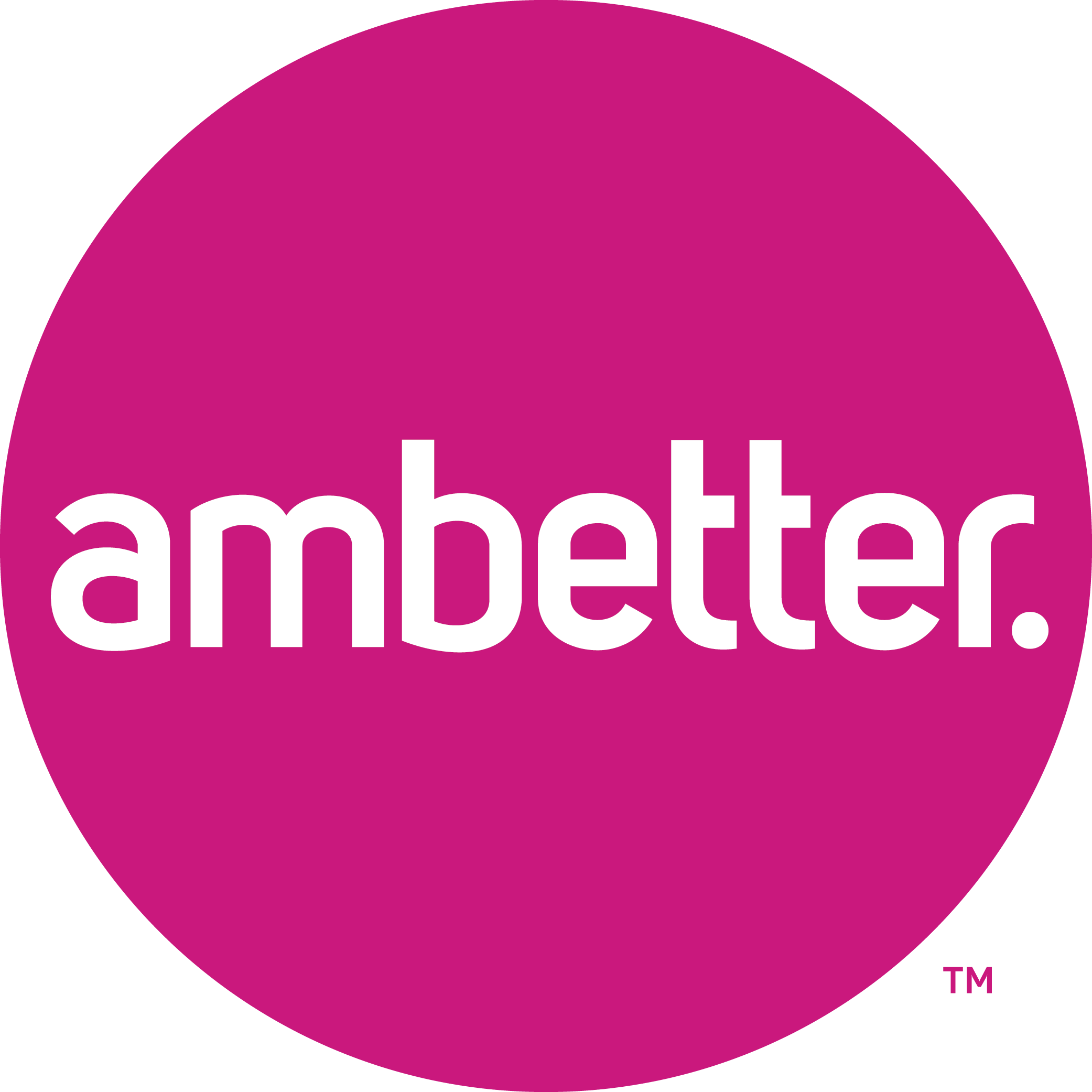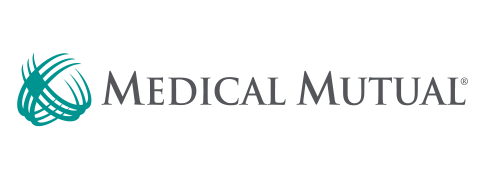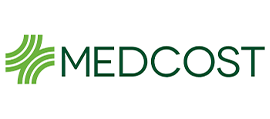LGBTQ Addiction Treatment at Banyan Stuart
Members of LGBTQ communities face unique challenges in many aspects of life, and this is especially true when it comes to addiction treatment. When choosing a facility for LGBT substance abuse treatment, many questions may come to mind. Does the facility offer more gender-fluid housing for nonbinary or transgender patients? Do the therapists understand what gay, queer, transgender, nonbinary, and other people in the LGBTQ community go through concerning mental health and addiction? At Banyan Treatment Centers Stuart, we’re proud to stand with all members of the community by offering LGBTQ addiction treatment and detox programs.

What Is the Correlation Between Addiction and LGBTQ Communities?
Substance misuse has long been a concern in the LGBTQ communities, causing researchers and healthcare professionals to investigate the complex relationship between addiction and the experiences of people who identify as lesbian, gay, bisexual, transgender, or queer. Addiction is more common in these communities due to several causes, which highlight the need for specialized care and understanding.
The effects of lgbtq stigma and prejudice in society are one essential element. Because LGBTQ people frequently experience higher levels of stress, discrimination, and isolation, there is a greater chance that they will use drugs as a coping method in this context. People who struggle to fit in with society and with themselves may experience higher levels of anxiety and depression, which increases their risk of substance abuse. Furthermore, the difficulties LGBTQ people encounter can be made worse by a lack of understanding and support from society, which may lead them to turn to addictive substances for comfort.
The internalized stigma that a lot of LGBTQ people experience is another aspect. People frequently internalize unfavorable beliefs about their gender identity or sexual orientation because of societal expectations and standards, which breed emotions of shame and self-hatred. Some people may use drugs as a coping mechanism or a way to escape unpleasant feelings. To break the cycle of addiction and stigma, addressing the presence of substance abuse among LGBTQ community members calls for a comprehensive strategy that includes both specialized mental health support and societal acceptance.
Common Addictions for Gay and Bisexual Men
Though the acronym LGBTQ is always changing to include more members of these communities, there are many subsets of the LGBTQ community that face their challenges. Homosexual men who are gay or bisexual may face their difficulties with substance abuse. There are some common drugs abused by gay men that are prevalent in their communities.
Studies show that gay and bisexual men are at an increased risk of abusing illicit drugs.1
The more common drugs abused by gay, bisexual, transgender, and queer men include:
- Meth
- Amyl nitrates, aka poppers
- Ecstasy
- Cocaine
- Stimulants
The CDC also notes that LGBTQ men are also susceptible to struggling with alcohol abuse, often drinking in attempts to cope with societal judgments or difficulties towards their sexual orientation.2 Therapy programs for LGBT who use drugs can help gay, queer, and homosexual men treat their drug addiction in a supportive environment.
Common Addictions for Gay, Bisexual, and Lesbian Women
Women in the LGBTQ community also face challenges when it comes to substance abuse. Gay and bisexual women are at a greater risk for alcohol abuse, but they are also susceptible to additional struggles.1 Specifically, lesbians, bisexual, and gay women are reported to drink more frequently, in larger amounts, and for longer durations.3 Following medical alcohol detox, patients at Banyan Stuart can enter specific LGBT substance abuse treatment tracks to address the personal and social factors that contributed to their active drug or alcohol addiction. Call us at 888-280-4763 to learn more information.
Addictions in the Transgender Community
Minority stress is one of the most challenging contributing factors to substance abuse among the LGBTQ community.4 Minority stress occurs in communities that are often marginalized, and transgender men, women, and nonbinary individuals are often the most marginalized out of LGBTQ communities. Transgender individuals struggle with substance abuse and alcoholism in varying degrees and substance types, and a unique approach is needed to help them heal.
Banyan’s LGBTQ Addiction Treatment in Florida
At our LGBTQ rehab facility, we offer alcohol and drug treatment for individuals of this community, giving patients the tools they need to get and stay sober. We understand the specific challenges LGBTQ individuals face, and we are here to help facilitate healing. We also offer specific approaches to housing at our facility for residential Florida addiction treatment, where transgender patients can stay in housing that matches their preferred or presented gender.
Contact our Florida rehabs to learn more about our compassionate and healing approach to lgbtq substance abuse treatment and detox and verify benefits today.
Sources:
- APA – Substance use in lesbian, gay, and bisexual populations: An update on empirical research and implications for treatment.
- CDC – Gay and Bisexual Men’s Health, Substance Abuse
- NCBI – Substance Use in Lesbian, Gay, and Bisexual Populations: An Update on Empirical Research and Implications for Treatment
- NCBI – Minority stress and substance use in sexual minority adolescents: a meta-analysis.
Other Treatment Options
Most Insurance Plans Accepted
At Banyan Detox Stuart our goal is to make sure that anyone who needs treatment from drug and alcohol addiction are able to get the help needed to assist them on the road to recovery. If you don't have insurance contact us to inquire about alternate methods regarding treatment for yourself or a loved one.

















